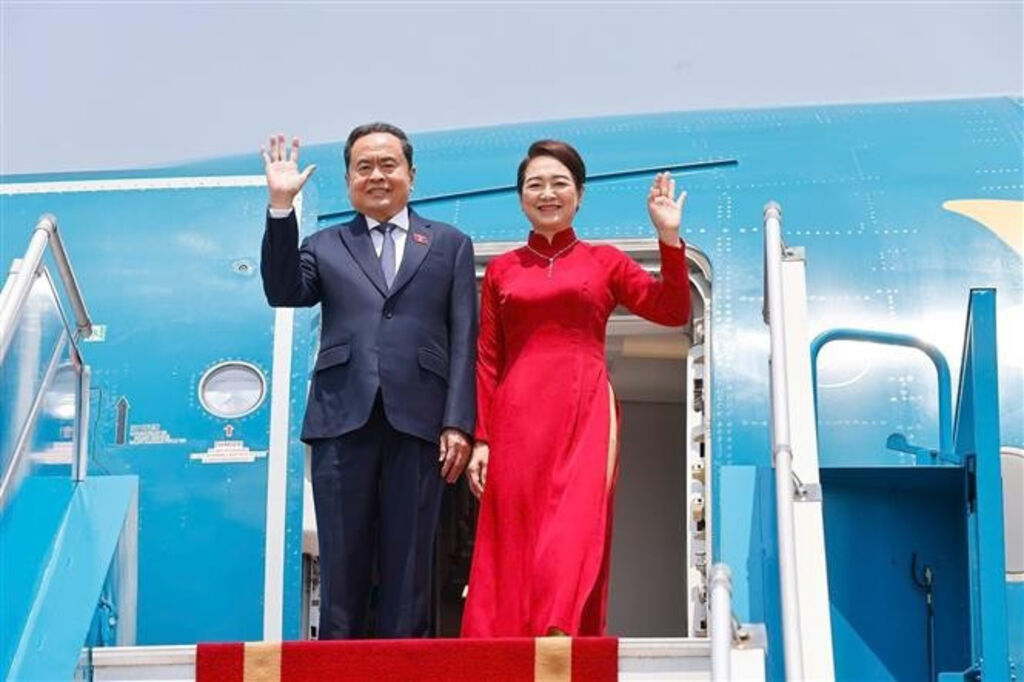Thai Representatives Counter Cambodian Claims at AIPA Assembly
Thai representatives at the 46th ASEAN Inter-Parliamentary Assembly (AIPA) firmly countered Cambodian claims regarding border tensions, leading to the rejection of Cambodia's proposal to escalate the issue within the assembly on September 20, 2025.

Thai representatives at the 46th ASEAN Inter-Parliamentary Assembly (AIPA) in Kuala Lumpur on September 20, 2025, strongly countered Cambodian claims concerning recent border tensions, resulting in the assembly's decision to reject Cambodia's proposal to place the dispute on the urgent agenda. The move underscores the ongoing sensitivity of the Thai-Cambodian border issue and the preference among ASEAN members to handle such matters through executive channels rather than parliamentary debate.
AIPA Assembly Rejects Cambodia's Proposal
According to reporting from the New Straits Times, the Cambodian delegation sought to have the border dispute with Thailand recognized as an urgent matter for AIPA's consideration. However, the assembly, reflecting the consensus of its members, determined that the issue falls under the purview of the executive branch and should not be addressed within the parliamentary forum. This decision was seen as a diplomatic win for the Thai delegation, which argued that raising the matter in AIPA could politicize the dispute and complicate ongoing bilateral negotiations.
Thai Response and Regional Implications
Coverage from the Bangkok Post highlights that Thai representatives expressed concern over Cambodia's attempt to use the AIPA platform to internationalize the border conflict. Thai officials reiterated their commitment to resolving the dispute through established bilateral mechanisms and rejected Cambodian allegations of human rights violations by Thai authorities during recent confrontations near Ban Nong Ya Kaeo in Sa Kaeo province. The Thai side emphasized that any incidents at the border are being addressed in accordance with international law and existing agreements between the two countries.
The Cambodian perspective, as reported by the Cambodian Ministry of Information, focused on recalling the historical roots of the border conflict and called for greater regional attention. However, the prevailing sentiment among AIPA members was to avoid escalating the issue within the assembly, instead encouraging both parties to continue dialogue through diplomatic and executive channels.
Ongoing Tensions and Diplomatic Channels
The border dispute has led to heightened security measures, including the temporary closure of certain crossings and increased surveillance. Both countries have faced economic and social impacts, particularly affecting border communities and cross-border trade. Regional leaders, including the Malaysian Prime Minister, have called for renewed efforts through the Joint Boundary Commission and other bilateral frameworks to de-escalate tensions and seek a peaceful resolution.
The outcome at AIPA reflects ASEAN's broader approach to sensitive bilateral disputes, prioritizing quiet diplomacy and consensus over public confrontation. The rejection of Cambodia's proposal signals a collective desire to prevent the parliamentary assembly from becoming a venue for contentious territorial issues, while reaffirming the importance of established diplomatic processes.